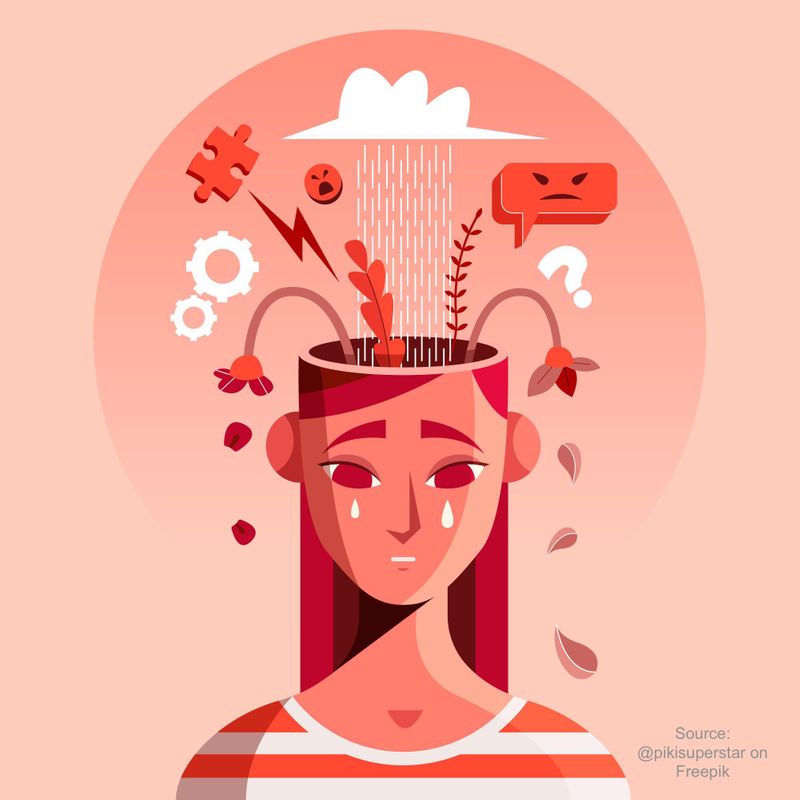 Photo by Taylor Deas-Melesh on Unsplash
Photo by Taylor Deas-Melesh on UnsplashHave you ever heard of people who have "multiple" or "split" personalities?
This condition, now known as dissociative identity disorder (DID), isn't the exaggerated trope you see on TV and in movies.
Identifying the real signs and symptoms of DID can help you or a loved one receive timely, effective mental health care.

What is Dissociation?
Dissociation happens when a person isn't connected to their own memories, thoughts, feelings, or identity. It's hard to describe if you’ve never experienced it before.
A patient with DID once described a dissociative episode as being in a pool and not really feeling the water. They said it felt like watching themselves swim instead.
Others say dissociation feels like someone else using your eyes to cry.
Dissociation is the most prevalent symptom of DID.

What is DID?
DID isa mental health condition where a person has two or more enduring separate identities. Each of these identities has its own:
history
traits
personality
likes and dislikes

DID is not:
associated with "out-of-body" spiritual or religious experiences
voluntary — people with DID don't control when their personality shifts happen
schizophrenia — people with DID don't feel their delusions come from an outside source, but from inside their head

Memory Gaps
People with DID “shut off” from their reality. Memory gaps are a natural consequence of this. The type of memory loss associated with DID is more severe than what most people experience.
The memory gaps can span hours, days, or even years. Memories often reappear much later, causing people with DID distress and confusion.

Other Common Symptoms
People with DID experience symptoms found in other diseases and disorders, such as:
headaches or other aches and pains
depression
anxiety
delusions
suicidal thoughts
Knowledge Check: DID Symptoms

Beth experiences auditory and visual hallucinations.

Mike has severe memory loss and sometimes feels like he's not in control of his movements.

Susan engages in risky behavior followed by periods of depression.
Quiz
Who is most likely to be at risk of dissociative identity disorder?
Take Action

Your feedback matters to us.
This Byte helped me better understand the topic.

